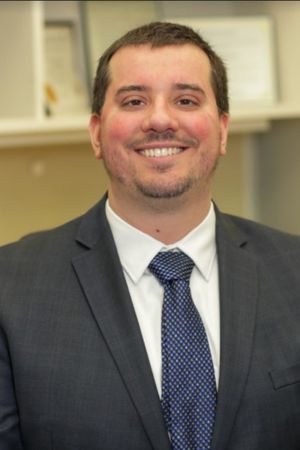The People Who Were Hurt By The Big Conn Conspiracy ![doctor covering his eyes disgruntled]()
As The Big Conn makes clear, the people most hurt by the Conn conspiracy were not employees at the Social Security Administration or taxpayers in general but disability benefits claimants. As our Indianapolis Social Security lawyer team has previously discussed, the agency enacted some reactionary changes that, for instance, cast a more skeptical eye on the opinions of treating doctors and gave ammunition for adjudicators to reject those opinions in favor of generic reports prepared by medical evidence reviewers. But the documentary shows how Conn’s former clients were suddenly cut off from benefits with only the option of further appeals to attempt to restore what had been a lifeline for many who were otherwise incapable of financially supporting themselves as a result of their disabilities.
Unfortunately, some deserving individuals are still deprived of benefits. Furthermore, as the Associated Press reported in October 2021, even individuals who eventually had their benefits restored are facing another round of redetermination hearings. On its face, this seems like a cruel practice to continue punishing unwitting claimants caught up in a conspiracy they knew nothing about, who had simply applied for benefits they believed they were honestly entitled to, who believe they are not capable of working because of physical or psychological issues.
Is It Better to Have Redetermination While Receiving Benefits?
At a distance, though, it is hard to say how unreasonable this is. Better to have a redetermination hearing while receiving benefits than be deprived of any benefits based on a general suspicion about a class of claimant. Of course, a redetermination proceeding could create even bigger complications—if found no longer disabled, or perhaps even never disabled, the agency could seek collection of what they deem an overpayment to those claimants. The agency will waive overpayment collection in some cases where a claimant is without fault for causing the overpayment and recovery of the overpayment would, for instance, be “against equity and good conscience.” To initiate reconsideration to waive an overpayment, or to correct an improperly determined overpayment, a claimant must file a request for waiver. This starts an appeals process that certainly does not assure any particular outcome.
Overpayments are assessed in a number of situations. Perhaps a benefit recipient improved and went back to work without notifying the agency. Perhaps an SSI recipient had a life change, like an inheritance or a marriage, that resulted in excess assets that should have resulted in the termination of the income. Or perhaps, in a routine continuing disability review, the agency independently decides that a claimant’s medical condition has improved and that they have not been disabled for some time. In other words, overpayment situations, and even later reviews to determine if someone still remains disabled, are hardly unique to Conn victims. It is also reasonable as a public policy matter that the agency would want to ensure that only people who remain eligible are receiving benefits and that people no longer entitled to benefits are not receiving windfall payments. Unfortunately, overpayment determinations are often opaque—it is not clear exactly how the agency determined that a certain amount was owed. Therefore, it is often just as reasonable to challenge a determination of an overpayment.
In short, while a unique situation, the Conn fraud victims highlight some complicated internal issues related to assessing ongoing disability benefits eligibility and calculation and collection of overpayments that pertain to potentially all disability benefit recipients.
Speak with Our Indiana Social Security Lawyer
At Keller & Keller, we are one of the top-rated Indianapolis disability attorneys Hoosiers call on to help them obtain the Social Security benefits they deserve. Thankfully, we bring all the essentials to the table: experience, communication skills, a proven track record, and, most importantly, a commitment to our client's well-being.
You can find out whether you have a valid case at no cost to you. That’s because we offer free consultations. To request a free consultation with our team, reach out by calling 1-800-253-5537 or filling out the online contact form below. We have been proudly servicing clients throughout Indianapolis, Granger, and the surrounding areas.

.png)
